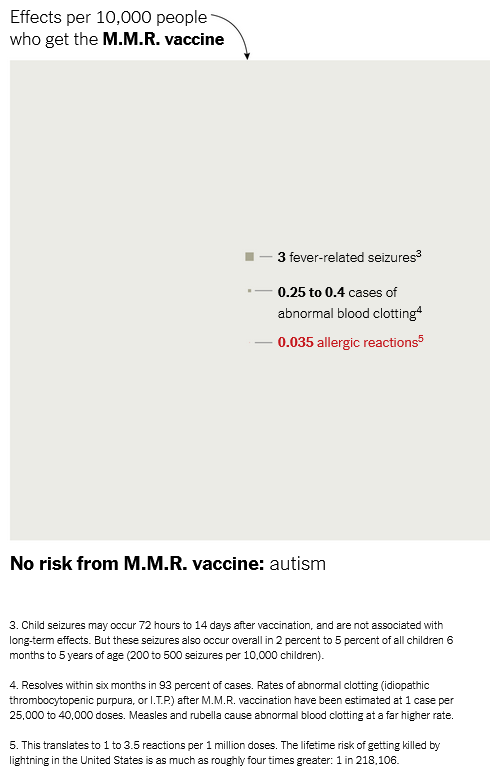Rubella, or German Measles (not to be confused with measles), is an infectious viral disease. Symptoms are similar to measles, but are generally more mild.1
How does Rubella spread?
The virus that causes rubella can be spread when an infected person coughs or sneezes. Droplets carrying the virus that come into contact with the eyes, nose, or mouth may cause an infection Women who are pregnant may also pass rubella to her developing child.2
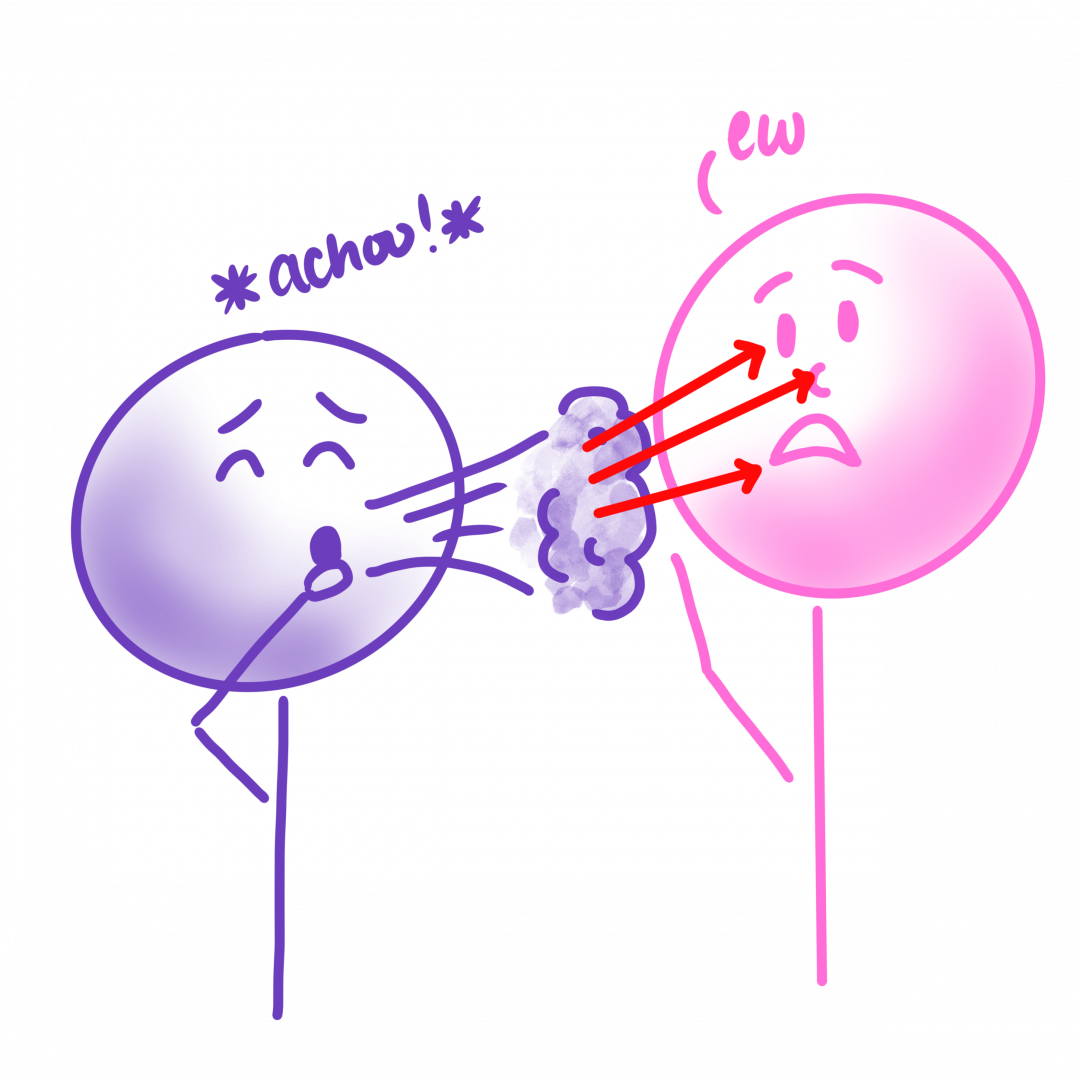
Symptoms
Symptoms of rubella show typically after 14 days, but range from 12-23 days. A splotchy rash is typically the first symptom that appears.1 Symptoms generally last 1-5 days3 although some symptoms, such as aching joints have been noted to last 3-10 days.4

A splotchy rash is typically the first symptom that appears.1 Symptoms generally last 1-5 days3 although some symptoms, such as aching joints have been noted to last 3-10 days.4
Other Symptoms
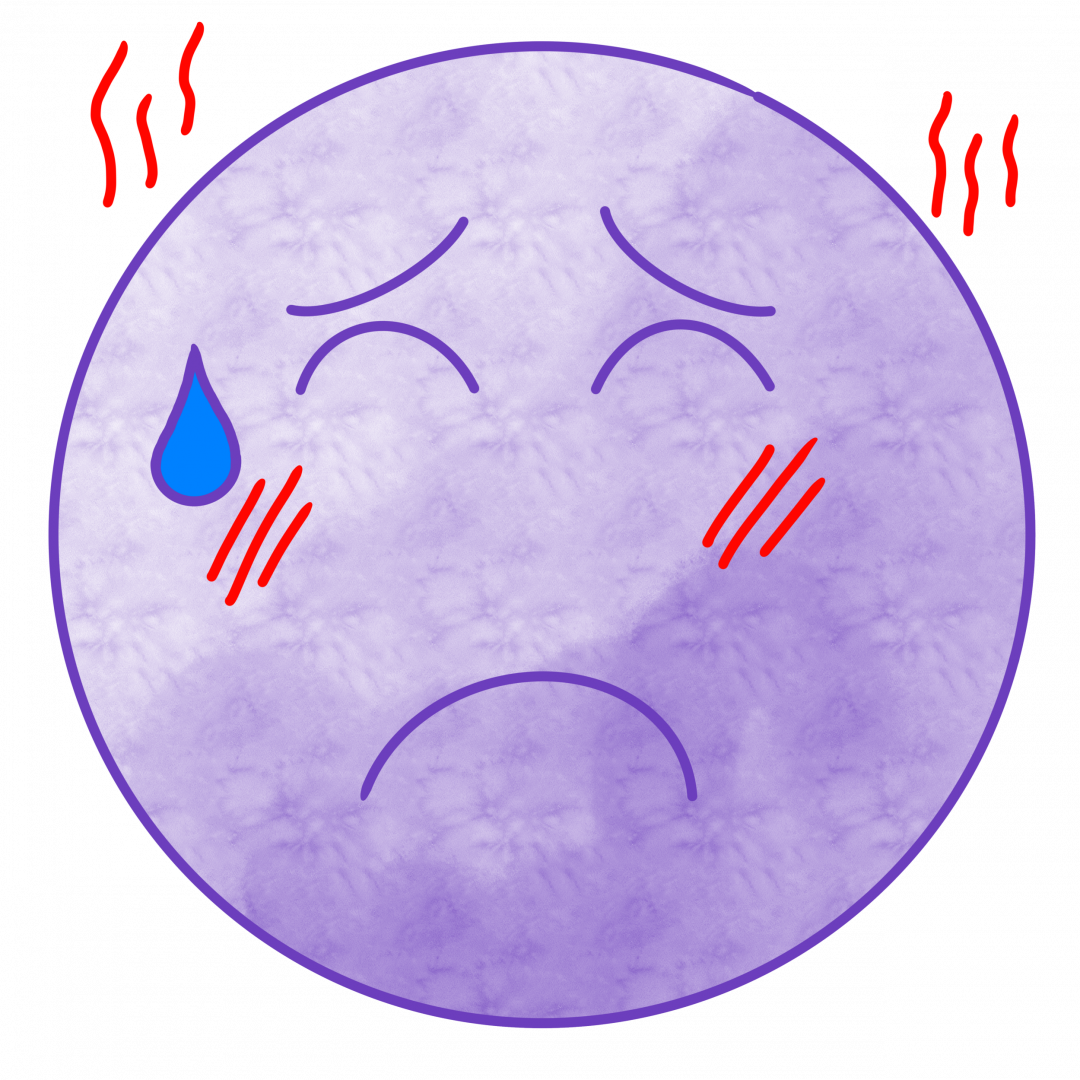
Low Grade Fever

Headache

Pink eye (redness/swelling of the white of the eyes)

Malaise or general discomfort

Swollen/Enlarged lymph nodes

Cough

Runny Nose
Complications

Arthritis lasting up to a month(especially in adult women)

Encephalitis or swelling of the brain

Ear infection
Rubella and Pregnant Women
Rubella is particularly dangerous for unvaccinated, pregnant women during the first trimester.3 Pregnant women cannot receive an MMR vaccine.
[BABY BUMP]
Infection during pregnancy can result in miscarriage or stillbirth.
If the virus is passed onto her develop child, they may suffer from:

Heart Problems

Hearing or vision loss

Intellectual Disability
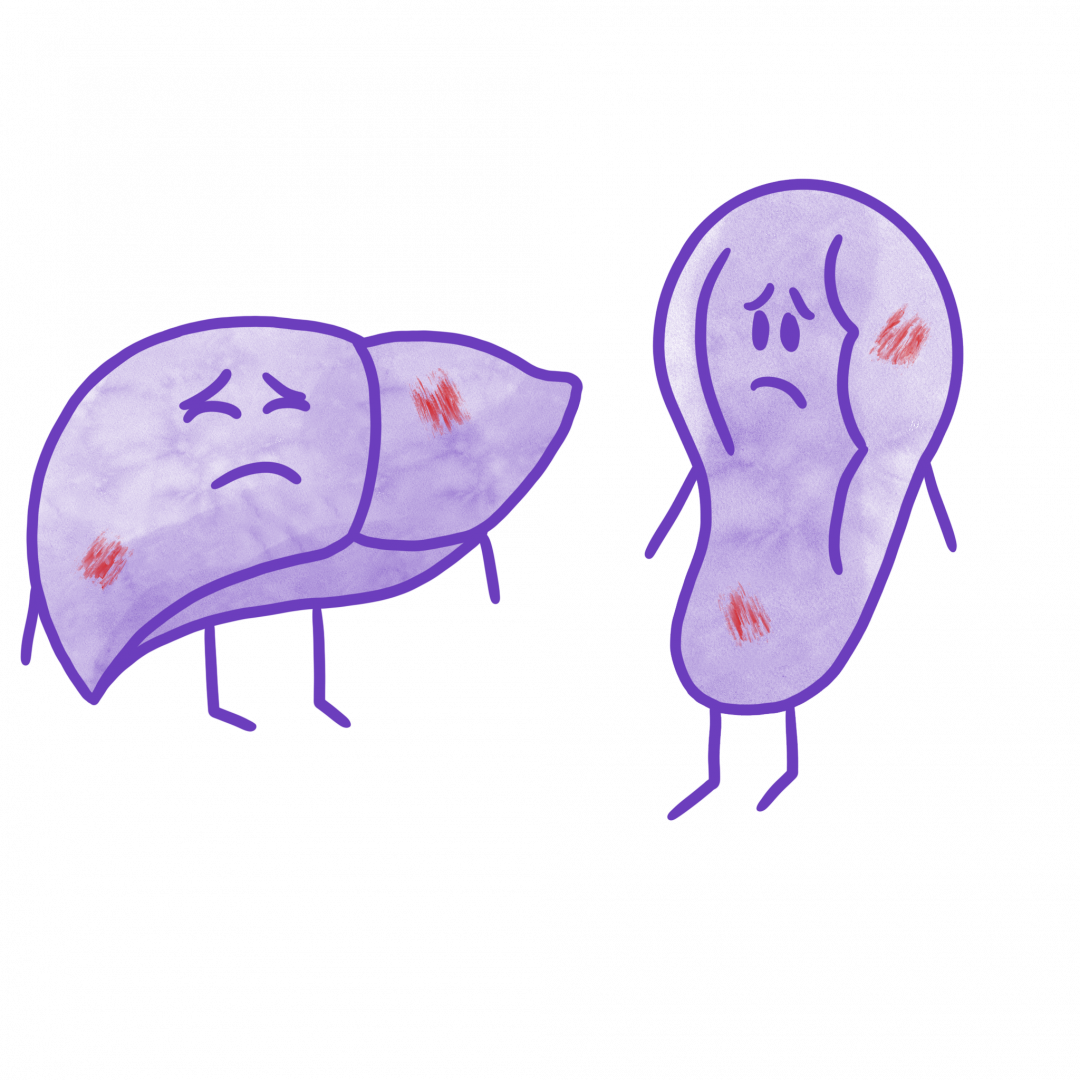
Liver or spleen damage
- Top
- How is it spread?
- Symptoms
- Complications
- Vaccines
MMR Vaccine Effectiveness
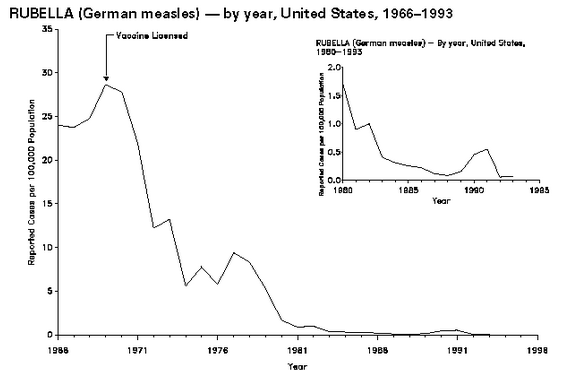
Since the vaccine’s development and deployment in 1969, rubella cases in the U.S. have decreased dramatically. Receiving the recommended 2-doses of MMR vaccine confers the most safety.
Herd Immunity: How It Works

Communities that have very high rates of vaccination further benefit from herd immunity, conferring increased protection to those unable to receive the vaccination.
MMR Vaccine Schedules5
The CDC recommends two doses for the best protection, however your healthcare provider may give additional recommendations or advice based on any preexisting conditions.

MMR Vaccine Safety
The risk of getting rubella and the risks associated with the disease are far more severe and frequent than those associated with the MMR vaccine.
How do I know if I am protected against rubella?
Your vaccination records are the best way of knowing if you have been vaccinated. If these records cannot be found, your doctor may perform a blood test. Speak with your doctor if you are unsure about your immune status.
Types of MMR Vaccines6
Currently, two vaccines have been approved for use in the U.S.:
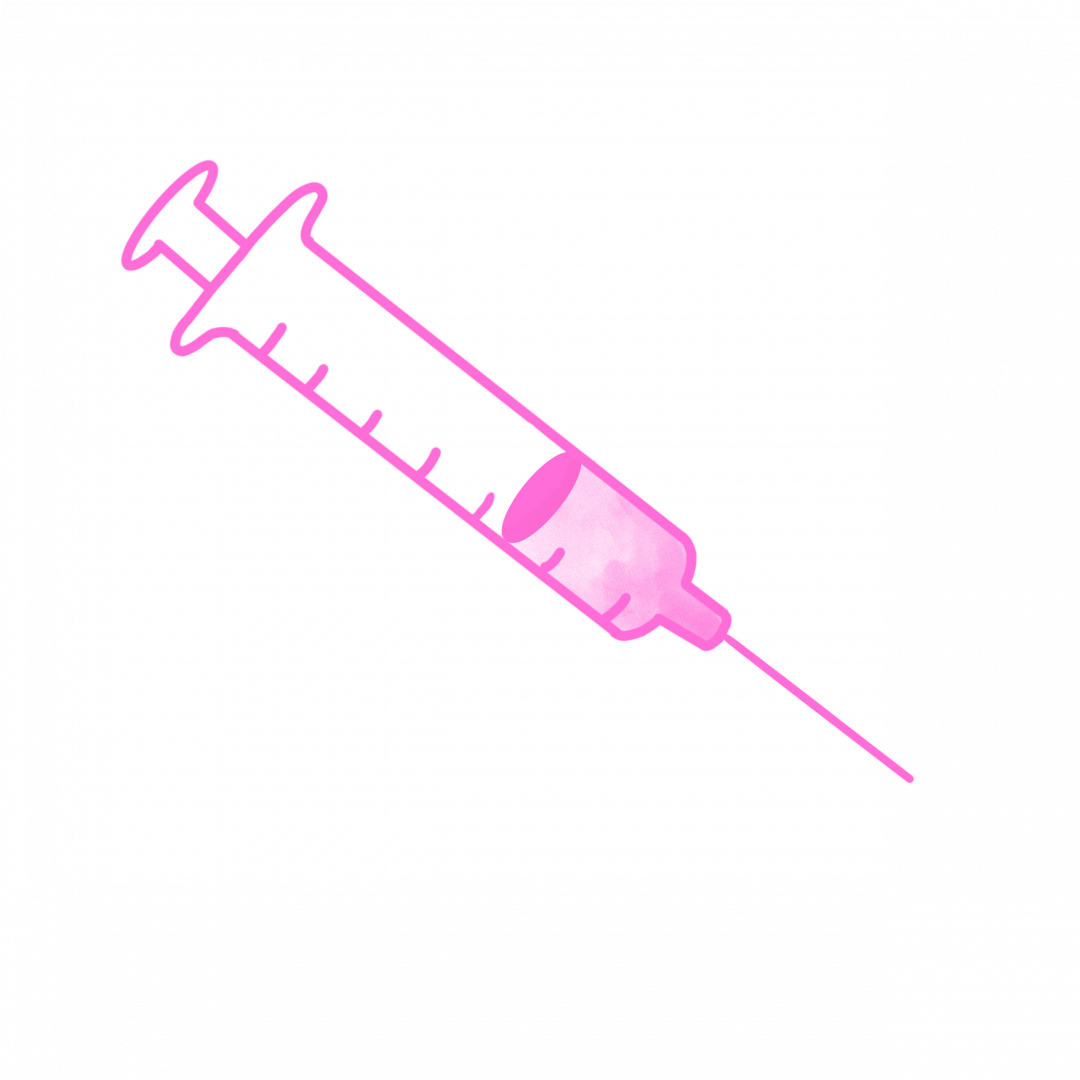
Name: MMR II
Manufacturer: Merck
Protections Conferred: Measles, Mumps, Rubella
Minimum Age: 12 months
Vaccine Safety Insert
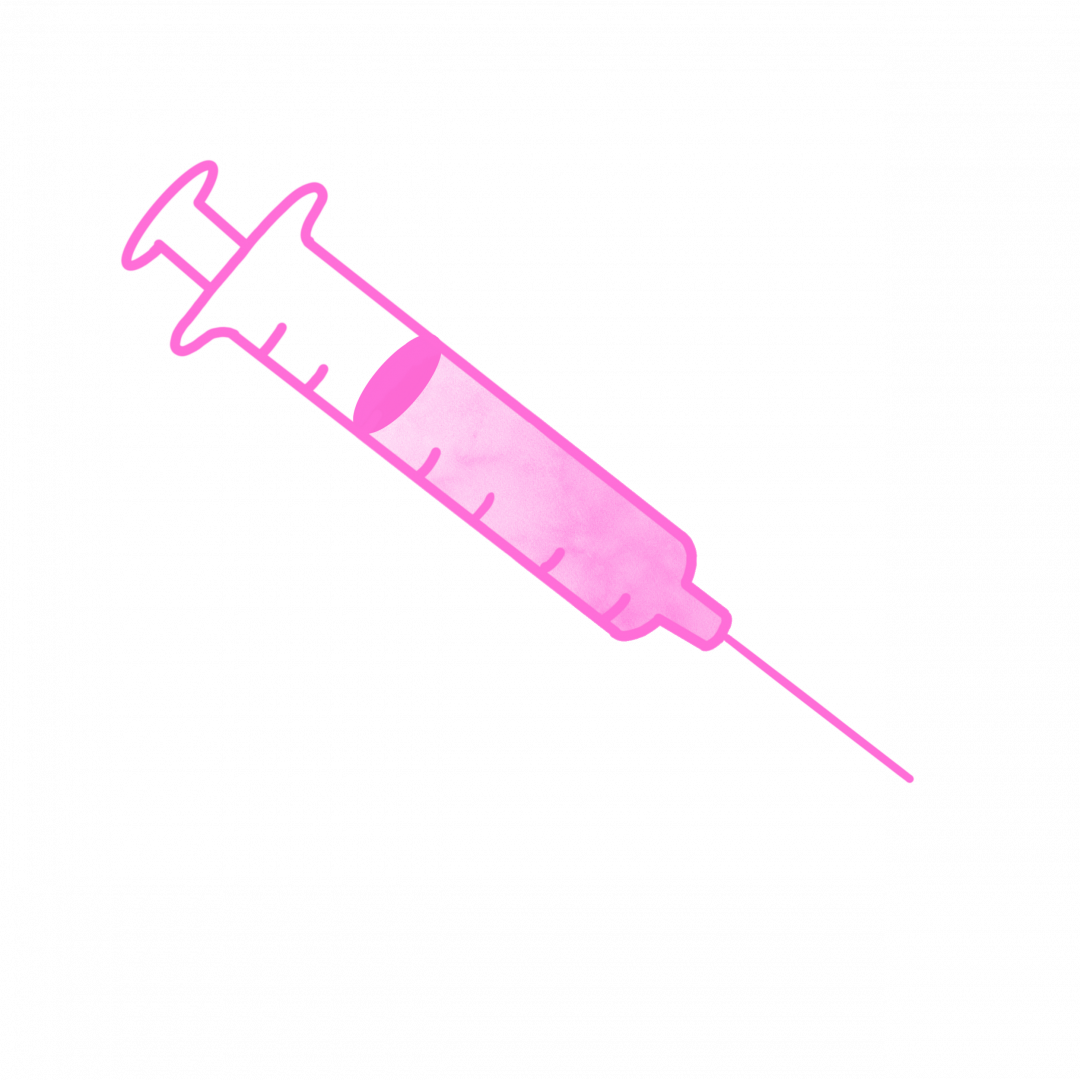
Name: Proquad
Manufacturer: Merck
Protections Conferred: Measles, Mumps, Rubella, Varicella
Minimum Age: 12 months
Vaccine Safety Insert
Vaccine Side Effects7
In some cases, vaccines may cause side effects. Always speak with your doctor about concerns you may have.

Fever

Injection Site Pain or Soreness

Injection Site Rash or Redness

Joint or Muscle Stiffness
The Bottom Line
Rubella is a contagious disease that is particularly dangerous for pregnant women. The MMR vaccine is an effective way of preventing rubella in yourself and your community.
Sources
1. Centers for Disease Control and Prevention. Rubella. The Pink Book. https://www.cdc.gov/vaccines/pubs/pinkbook/rubella.html. Published 2019. Accessed April 27, 2020.
2. Centers for Disease Control and Prevention. Transmission. Rubella. https://www.cdc.gov/rubella/about/transmission.html. Published 2017. Accessed April 27, 2020.
3. Mayo Clinic. Rubella. https://www.mayoclinic.org/diseases-conditions/rubella/symptoms-causes/…. Published 2020. Accessed April 27, 2020.
4. World Health Organization. Rubella. https://www.who.int/news-room/fact-sheets/detail/rubella. Published 2019. Accessed April 27, 2020.
5. Centers for Disease Control and Prevention. Recommended Child and Adolescent Immunization Schedule for ages 18 years or younger, United States, 2020. https://www.cdc.gov/vaccines/schedules/hcp/imz/child-adolescent.html. Published 2020. Accessed April 27, 2020.
6. Centers for Disease Control and Prevention. About the Vaccine. https://www.cdc.gov/vaccines/vpd/mmr/hcp/about.html. Published 2019. Accessed April 27, 2020.
7. Centers for Disease Control and Prevention. Measles, Mumps, Rubella (MMR) Vaccine. https://www.cdc.gov/vaccinesafety/vaccines/mmr-vaccine.html. Published 2020. Accessed April 27, 2020.


